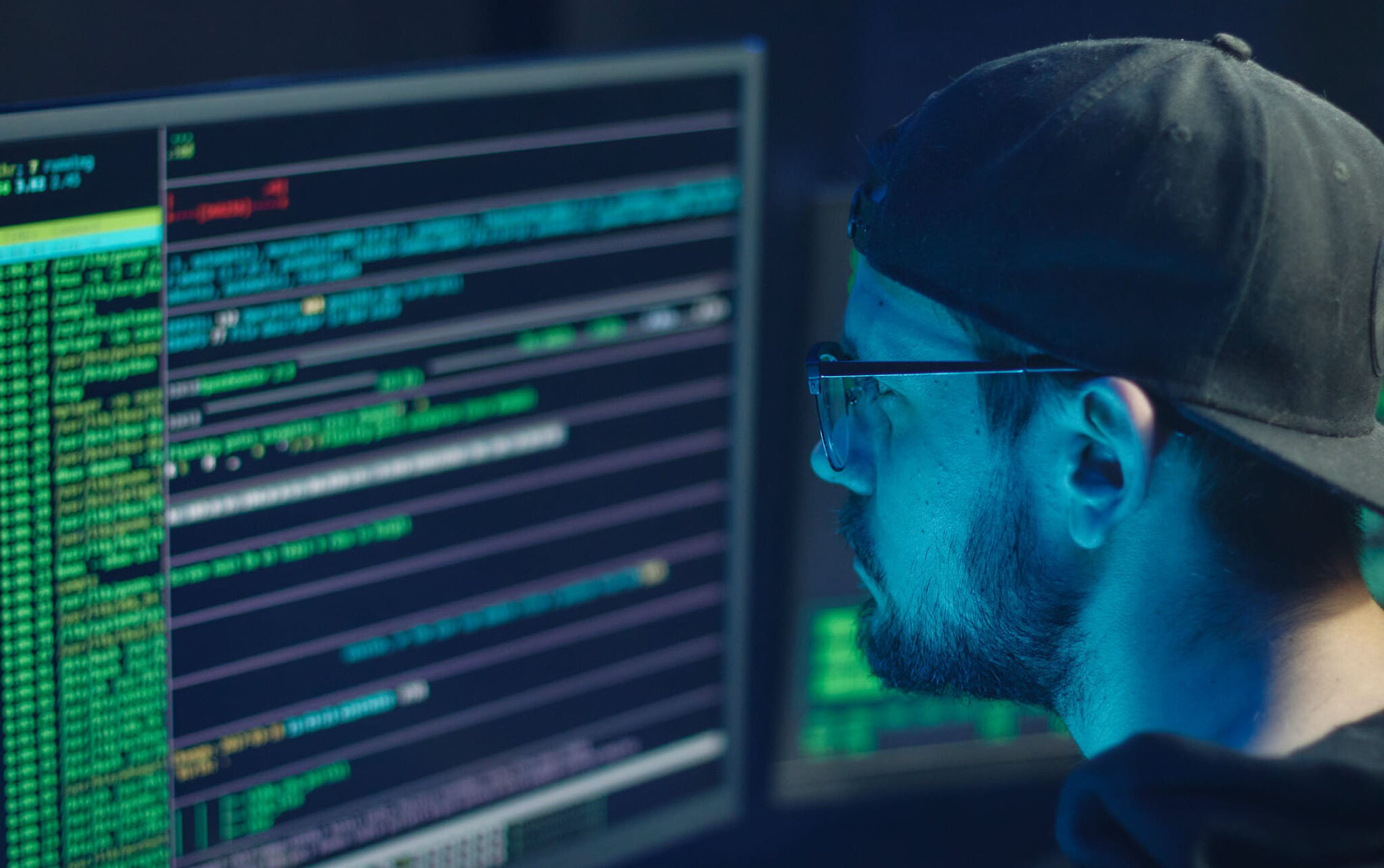In the past 18 months, COVID-19 has affected nearly every aspect of our lives, with the most severe impact having been the tragic death and sickness of so many. COVID-19 also has affected where we work, who we see and when we go out. Yet, one of the most understated but outsized effects of the pandemic has been on individuals’ cyber risks.
According to Chubb’s 2021 Personal Cyber Risk Survey, which examines Americans’ new cyber concerns and their overall behavior, most individuals have not taken the necessary action needed to protect themselves against cyber-attacks.
For a copy of the full Executive Summary, click here. Survey key findings and further details are below.
Staying Connected
To stay connected during the quarantine, individuals quickly shifted to life online, often with a new electronic device. According to the survey, 86% of Americans have either purchased or been given a new device in the past year. Regardless of the device, those who did not properly secure their devices within a timely manner could have exposed themselves to cyber risks.
Furthermore, 83% of respondents say they access the internet several times a day, with 30% of individuals estimating they share their data at least 10 times a day. Being “plugged in” means understanding what data we are sharing and how we are protecting our information. For example, sharing personal information, (e.g., birthdate, pet names, favorite TV shows) and then using that information to build passwords, can allow bad actors to “guess” log-in credentials to access accounts.
Cyber Vulnerabilities at Home
During the COVID-19 pandemic, many individuals were able to work from home. Forty-four percent of respondents chose to relocate to work at a remote location. However, the ease of remote work often comes with cyber vulnerabilities. For example, connecting to an unsecure, public network or with out-of-date software while changing locations due to remote working can put individuals at risk.
Small Businesses and Entrepreneurs
With many Americans expecting to work remotely throughout the rest of 2021, it’s important for businesses and entrepreneurs to implement best practices for employee and company security against bad actors.
In fact, small businesses are frequently targeted, as they have fewer resources to protect themselves against a cyber-attack. According to the Chubb Cyber Claims Index, global cyber incidents have grown by 981% for small businesses with revenues under $25 million.
See also: Cyber Risk Impact of Working From Home
Cyber Vulnerability of Medical Data
Nowadays, one’s COVID-19 vaccination status has been top-of-mind for many individuals. Most individuals (63%) feel as though people should share their vaccination status, while a similar majority (57%) are concerned with having to share their vaccination status with others.
Although survey respondents show apprehension about the privacy of their vaccination status, only 24% of them are concerned with the cyber vulnerability of other medical data, which is alarming because medical records often contain extremely sensitive information.
Protecting Data
Despite broad cyber exposure, just 12% of Americans have purchased a personal cyber insurance policy. The good news is that there are ways for individuals to protect themselves from cyber threats such as changing passwords regularly, keeping software up-to-date, using a private VPN, and purchasing cyber insurance.








